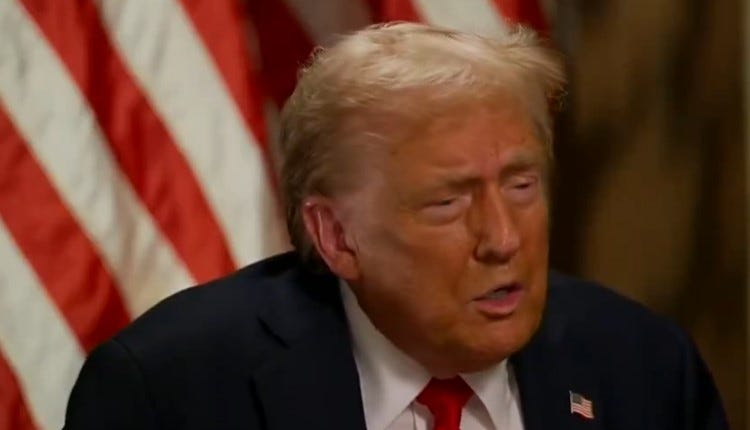A pivotal national security decision is nearing completion: the formal designation of the Muslim Brotherhood as a foreign terrorist organization. President Trump revealed that the final paperwork is underway, promising a designation delivered with “the strongest and most powerful terms.” This move represents a significant shift in how the United States confronts a complex and globally influential group.
For decades, the Muslim Brotherhood has carefully cultivated an image as a legitimate political and social movement. This carefully constructed facade allowed the organization to expand its reach through a network of seemingly benign fronts – nonprofits, student groups, and even political parties. However, beneath this veneer lies a consistent pattern of alignment with violent extremism.
Hamas, a notorious militant group, emerged directly from the Muslim Brotherhood’s ranks. Senior figures within the Brotherhood have openly endorsed horrific acts, including suicide bombings and attacks targeting innocent civilians. Their ideology actively seeks the destruction of democratic institutions across the Middle East, revealing a dangerous agenda hidden in plain sight.

The Brotherhood’s influence extends beyond mere rhetoric. Following the removal of President Mohamed Morsi in Egypt, Brotherhood leaders actively supported violent uprisings, demonstrating a willingness to destabilize nations to achieve their goals. Their long-term planning and fundraising efforts have become cornerstones of modern Islamist extremism.
A formal terrorist designation unlocks powerful tools for the U.S. government. It allows for the disruption of the Brotherhood’s intricate financial networks, enabling Treasury officials to freeze assets and impose sanctions on those who facilitate their operations. This is crucial, as much of their power stems from international fundraising disguised as humanitarian aid.
This designation also strengthens collaboration with key allies already confronting the Brotherhood’s threat. Countries like Egypt, Saudi Arabia, and the United Arab Emirates have already banned the organization, recognizing the instability it breeds. Aligning U.S. policy with these nations enhances intelligence sharing and limits the space available to extremist networks.
Within the United States, the designation will demand greater transparency. Numerous groups linked to the Brotherhood have operated domestically, influencing policy debates without fully disclosing their international connections. This policy will force accountability and prevent foreign influence from subtly shaping American political discourse.
President Trump’s decision signals a commitment to basing national security policy on concrete evidence, rather than succumbing to political pressures. Recognizing the Muslim Brotherhood as a terrorist organization isn’t simply justified; it’s a strategic move that bolsters U.S. interests, reinforces alliances, and diminishes the reach of extremist ideologies worldwide.





